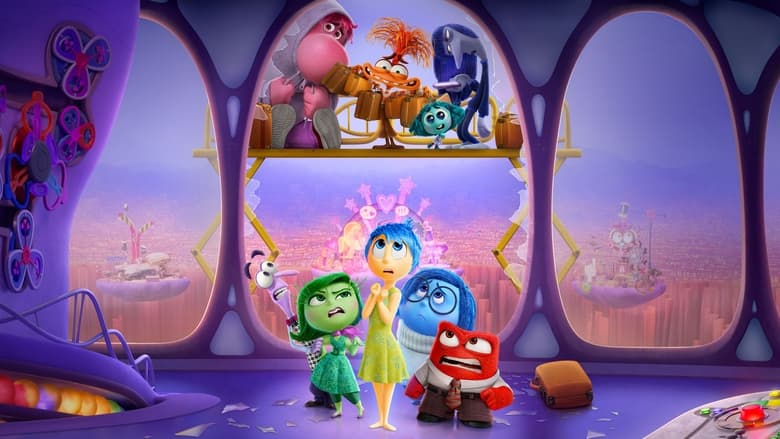
Wim Wenders
Birthday: 1945-08-14 Place of Birth: Düsseldorf, Germany
Synopsis
Ernst Wilhelm "Wim" Wenders is a German film director, playwright, author, photographer and producer.
Acting
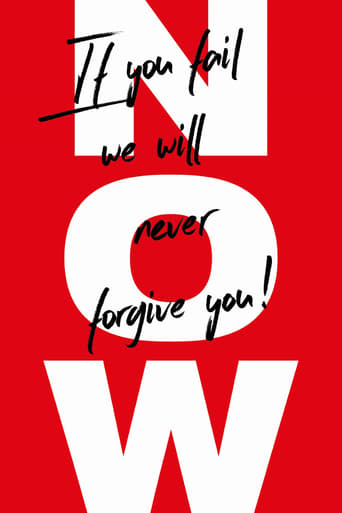
Now
A documentary that shows how young activists from around the globe such as Felix Finkbeiner (Plant for the Planet), Luisa Neubauer, Greta Thunberg (Fridays for Future) and Vic Barrett (Youth v. Gov) are currently challenging the status quo and pushing for social and political change. The film focuses on these young protagonists, addressing the question of what it feels like and what is at stake when you engage in such a life. Experienced activists, as well as experts in a wide variety of topics, will provide background information and forecasts for future developments.
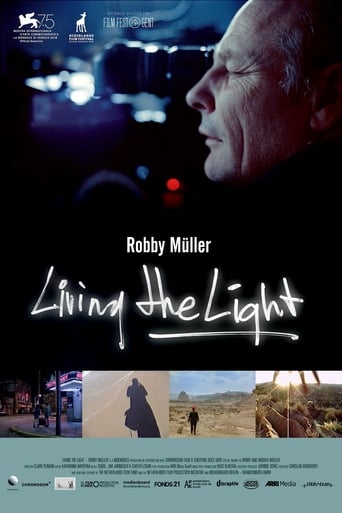
Living the Light: Robby Müller
For her extraordinary film essay, Living the Light, Director and Director of Photography Claire Pijman had access to the thousands of Hi8 video diaries, pictures and Polaroids that Müller photographed while he was at work on one of the more than 70 features he shot throughout his career; often with long term collaborators such as Wim Wenders, Jim Jarmusch and Lars von Trier. The film intertwines these images with excerpts of his oeuvre, thus creating a fluid and cinematic continuum. In his score for Living the Light Jim Jarmusch gives this wide raging scale of life and art an additional musical voice.
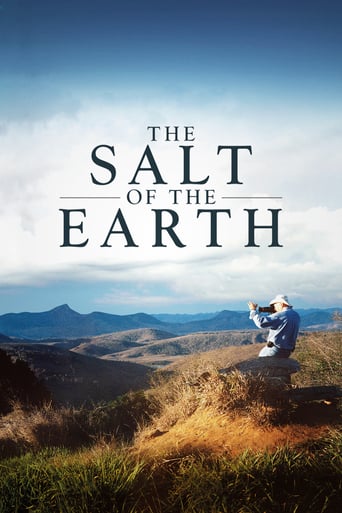
The Salt of the Earth
During the last forty years, the photographer Sebastião Salgado has been travelling through the continents, in the footsteps of an ever-changing humanity. He has witnessed the major events of our recent history: international conflicts, starvations and exodus… He is now embarking on the discovery of pristine territories, of the wild fauna and flora, of grandiose landscapes: a huge photographic project which is a tribute to the planet's beauty. Salgado's life and work are revealed to us by his son, Juliano, who went with him during his last journeys, and by Wim Wenders, a photographer himself.
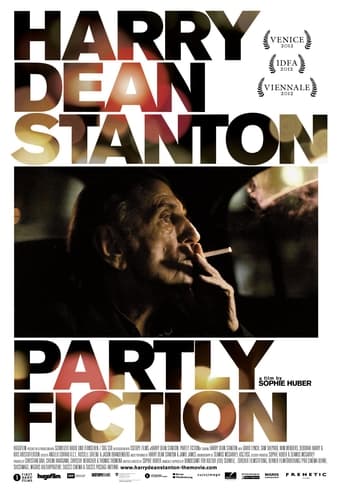
Harry Dean Stanton: Partly Fiction
An impressionistic portrait of the iconic actor Harry Dean Stanton comprised of intimate moments, film clips from some of his 250 films and his renditions of American folk songs.
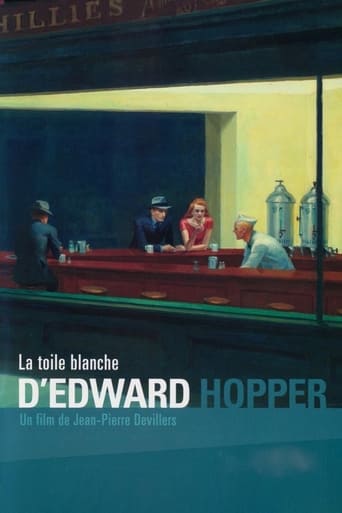
Edward Hopper and the Blank Canvas
The many references in contemporary film to Edward Hopper's works, as well as the widespread reproduction of some of his paintings have made his universe familiar to many. His unclassifiable figurations weave a dialogue between appearances and light, between the unmistakeable and enigma. Focusing on the artist's personal life in the context of 20th century America, "Edward Hopper and the Blank Canvas" bears witness to a fiercely independent painter, who was aware of the issues of his era, and who was hostile to the imprisonment that a modern American art opposing realism and abstraction could lead him to. This film brings the artist to life, transposing his realist and metaphysical poetry. It is a subtile and passionate work, which at last unveils one of the most important painters of American modernity.
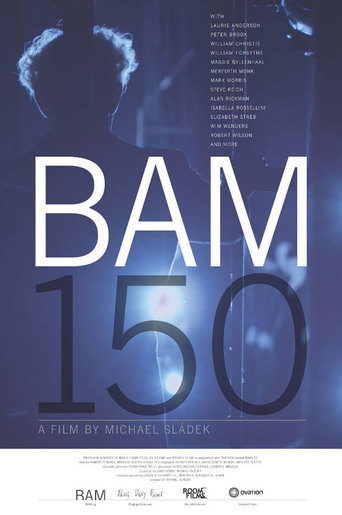
BAM150
A captivating history of the nation's oldest performing arts center - which largely mirrors the evolution of experimental and progressive performing arts in 20th century America - BAM150 chronicles the vibrant past, present and future of the Brooklyn Academy of Music. Through footage of recent performances, intimate interviews, and an astonishing treasure trove of 150 years' worth of archival materials, BAM150 is a testament to the power and stamina of the institution that established Brooklyn as a cultural mecca-serving as a home to such greats as Enrico Caruso, Sarah Bernhardt, Edwin Booth, Merce Cunningham, Robert Wilson, Mark Morris, Laurie Anderson, and Pina Bausch.
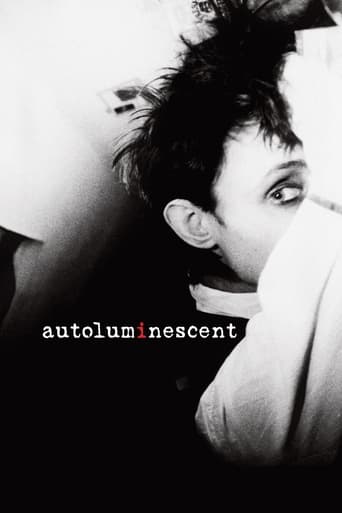
Autoluminescent: Rowland S. Howard
From myth to legend Rowland Howard appeared on the early Melbourne punk scene like a phantom out of Kafkaesque Prague or Bram Stoker’s Dracula. A beautifully gaunt and gothic aristocrat, the unique distinctive fury of his guitar style shot him directly into the imagination of a generation. He was impeccable, the austerity of his artistry embodied in his finely wrought form, his obscure tastes and his intelligently wry wit. He radiated a searing personal integrity that never seemed to tarnish. Despite the trials and tribulations of his career, in an age of makeover and reinvention, Rowland Howard never ‘sold out’. With recent and moving interviews, archival interviews and other fascinating and original footage, AUTOLUMINESCENT traces the life of Rowland S Howard. Capturing moments with the man himself and intimate missives from those who knew him behind closed doors; words and images etch light into what has always been the mysterious dark.
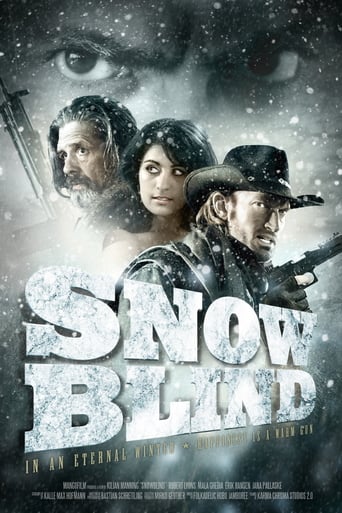
Snowblind
A lone gunman gets a last-minute pardon from death row, with the mission to deliver a woman of mysterious powers to an evil Governor. Against the backdrop of a frozen, inhospitable earth, Snowblind fires up the classical love triangle with smoking barrels and a ton of red-hot bullets.
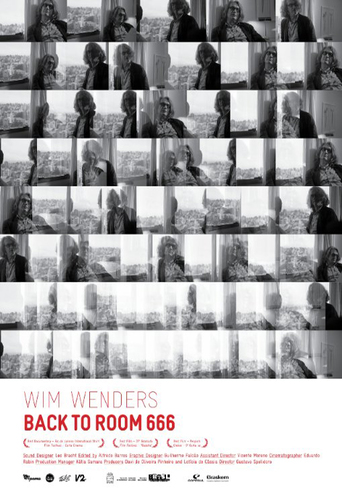
Back to Room 666
What is the future of cinema? In 1982, in Cannes, Wim Wenders invited many movie makers to answer this question. 26 years later, the question remains, but Wenders is now on the other side of the camera.
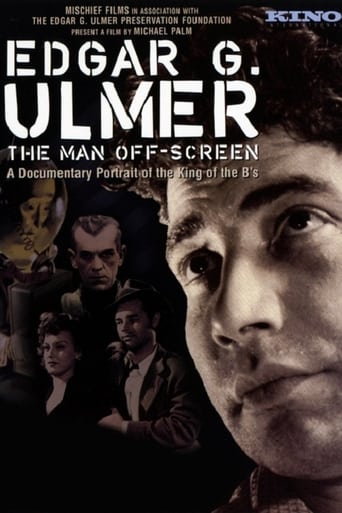
Edgar G. Ulmer: The Man Off-Screen
Documentary on the life and work of B-movie filmmaker Edgar G. Ulmer, spanning from his early life to his last film.
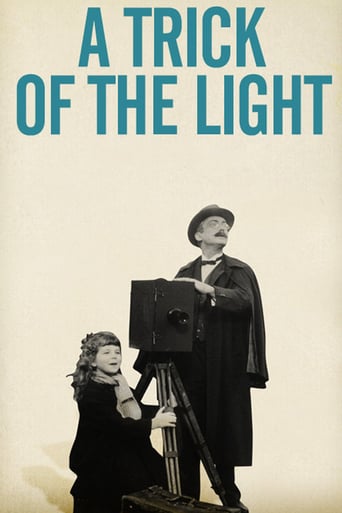
A Trick of the Light
A rare gem of cinematic storytelling that weaves docudrama, fictional reenactment, and experimental photography into a powerful, reflective work on the early days of German cinema. The film tells the story of the Skladanowsky Brothers, the German-born duo responsible for inventing the "bioskop", an early version of the film projector.
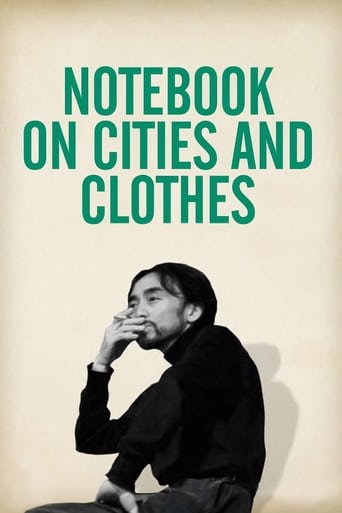
Notebook on Cities and Clothes
Wim Wenders talks with Japanese fashion designer Yohji Yamamoto about the creative process and ponders the relationship between cities, identity and the cinema in the digital age.
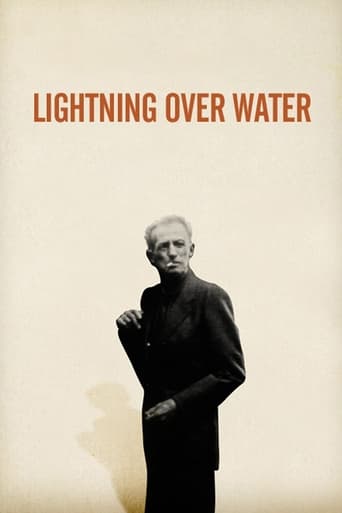
Lightning over Water
Director 'Nicholas Ray' is eager to complete a final film before his imminent death from cancer. Wim Wenders is working on his own film Hammett (1983) in Hollywood, but flies to New York to help Ray realize his final wish. Ray's original intent is to make a fiction film about a dying painter who sails to China to find a cure for his disease. He and Wenders discuss this idea, but it is obviously unrealistic given Ray's state of health.
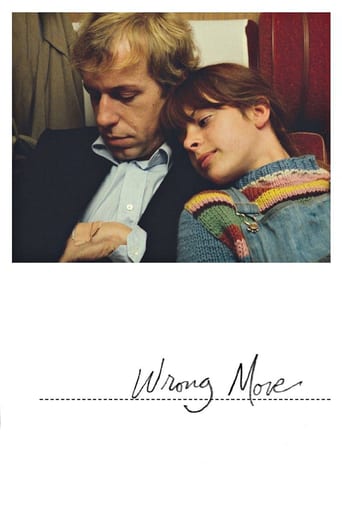
Wrong Move
Six days in the life of Wilhelm: a detached man without qualities. He wants to write, so his mother gives him a ticket to Bonn, telling him to live. On the train he meets an older man, an athlete in the 1936 Olympics, and his mute teen companion, Mignon. She's an acrobat in market squares for spare change.
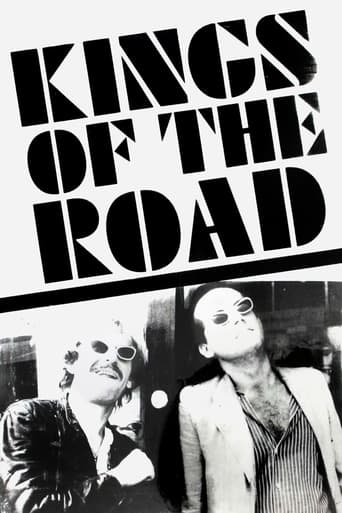
Kings of the Road
Itinerant projection-equipment repairman Bruno Winter and depressed hitchhiker Robert Lander - a doctor who has just been through a break-up with his wife and a half-hearted suicide attempt - travel along the Western side of the East-German border in a repair truck, visiting worn-out movie theaters, learning to communicate across their differences.

